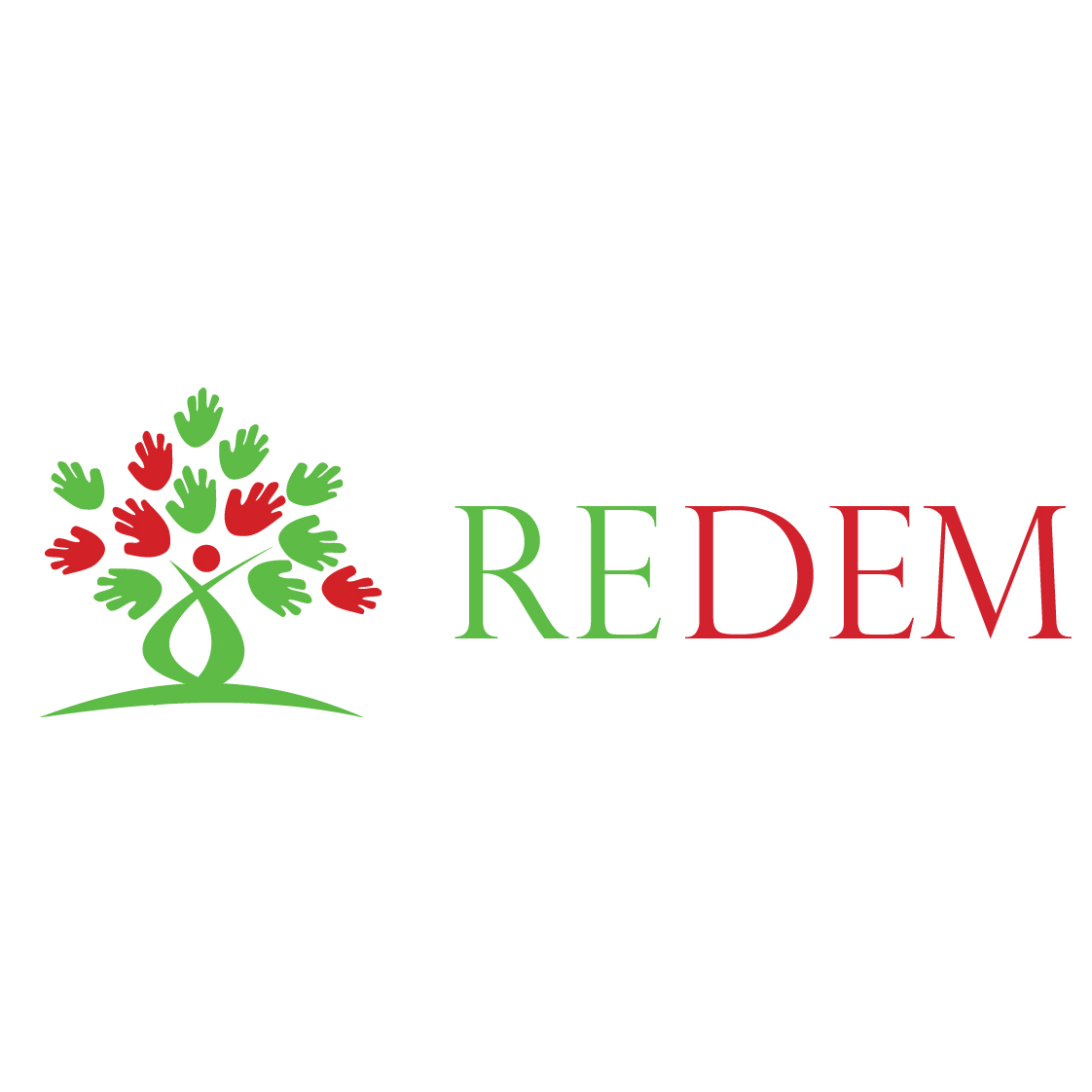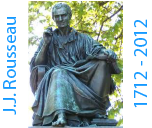International Conference on
Equality and Electoral Democracy
Sciences Po Paris
November 28-29, 2022
The conference has focused on issues of equality and electoral democracy that have underpinned the work within the REDEM project. This included topics such as the consequence for voters of different electoral systems in Europe, the possibilities of combining direct and representative forms of democracy; the challenges of organising elections during Covid; and the impact of immigration and new technologies on voters. A special emphasis was placed on understanding how elections might be used to reduce, rather than increase, the different forms of inequality that plague our societies, and what it is that distinguishes democratic commitments to the equality of citizens from alternative political ideals.





